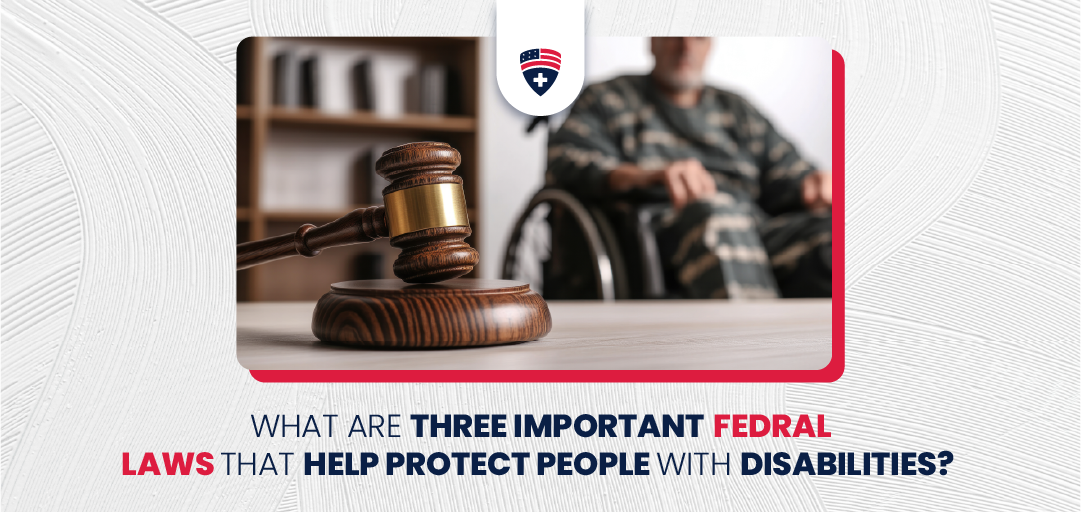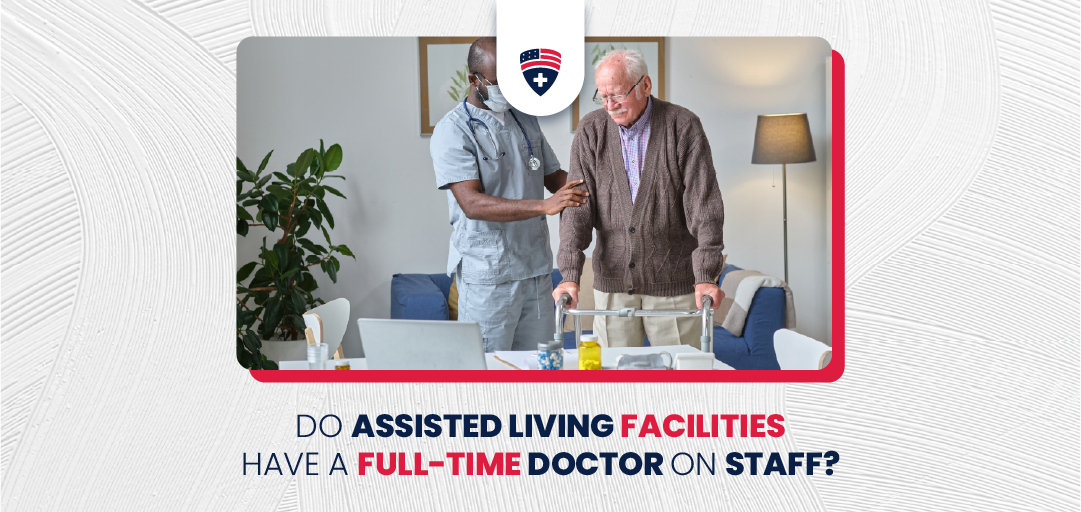
What Are Three Important Federal Laws That Help Protect People with Disabilities?
In America, individuals with disabilities encounter difficulties. People with disabilities face accessibility issues and discrimination.
They are often excluded from jobs, studies, or community areas. However, several federal laws protect their rights.
Safeguarding workers with disabilities is key to an inclusive society. In the United States, federal laws guarantee equal job opportunities for them.
These laws prevent discrimination, ensure access, and support full workplace integration.
We will outline “What are three important federal laws that help protect people with disabilities?” We will also explain how they impact both employees and employers.
American Healthcare Compliance (AHC) offers a course on Workplace Sexual Harassment. It also covers laws against discrimination, including ADA and EEOC protections for gender identity. Interested? Contact us to sign up.
Why Do Federal Laws Matter?
Federal laws in the United States protect people with disabilities. They ensure equal access to education, jobs, and public services.
These laws enhance independence, community involvement, and career growth. Such laws ensure kids get the help they need.
They assist adults in landing jobs with necessary adjustments. They guarantee all have equal access to public spots.
Both employees and employers must understand these laws. Employees should know how to report unfair treatment.
Employers must follow these laws to create workplaces where everyone belongs. Not doing this can lead to legal issues and damage the company image and the vibe at work.
Employers can gain from the unique skills of disabled people. They can do this by valuing diversity and meeting reasonable needs. These laws have significantly changed many lives.
What Are Three Important Federal Laws That Help Protect People with Disabilities?
The Americans with Disabilities Act (ADA)
A famous law that defends those with disabilities at work is the Americans with Disabilities Act (ADA). The ADA, enacted in 1990, is a law. It fights against the unfair treatment of disabled people in public places. It includes jobs, accessible areas, travel, and communication.
Key Provisions of the ADA in Employment
The ADA offers solid protection to individuals with disabilities ensuring equal employment opportunities.
For businesses with 15 or more employees, the ADA expects adaptations for disabled employees. However, it understands that making these adaptations will strain resources.
So, what exactly does this adaptation refer to? Those could be things like:
- Improving accessibility in the workplace.
- Tweaking work timings.
- Adjusting workplace tools.
- Arranging interpreters for individuals with hearing loss.
The goal is to ensure that every employee, regardless of whether they are disabled, can perform effectively.
Who Is Protected Under the ADA?
People with disabilities get protection from the ADA.
It combines people with physical disabilities and those with mental or chronic illnesses.
If you’ve had such issues, or people think you have, you’re shielded too.
The Americans with Disabilities Act is key out of three big federal laws. It makes sure workplaces are fair and safe for disabled people.
The Rehabilitation Act of 1973
The 1973 Rehabilitation Act is important for protecting individuals with disabilities. Its passing held large significance. This is because it was the pioneer federal law to stand against unfair treatment towards people with disabilities.
Section 501 of the Rehabilitation Act
The most notable part of this act of this act is Section 504. It stands out and makes a difference for these individuals.
The law titled “Rehabilitation Act of 1973,” under its 501 section, has a clear stand. It forbids federal agencies from treating anyone unfavorably due to disabilities.
Employers from federal sectors must offer suitable adjustments to qualified individuals with disabilities.
Rules require policies that are easy to understand and welcoming to all.
Section 503 of the Rehabilitation Act
Section 503 of the Rehabilitation Act targets businesses with federal contracts. Those with contracts over $10,000 must actively hire and promote individuals with disabilities. This rule aims to improve access for people with disabilities in tough-to-enter industries.
Section 504 and Accessibility
Section 504, linked to accessibility, falls under the Rehabilitation Act. It safeguards those with disabilities availing of programs or services supported by federal money.
In a job, if your employer gets federal cash, they must follow Section 504’s anti-discrimination rules.
The 1973 Rehabilitation Act is a key law protecting people with disabilities. This law promotes job equality in federal jobs and contracts.
The Equal Employment Opportunity (EEO) Laws
Equal Employment Opportunity (EEO) Laws are a group of regulations. They protect employees against unfavorable treatment because of different conditions, like disability.
The EEO is the collection of defenses provided by several laws. Those include Title I of the ADA and Section 501 of the Rehabilitation Act.
What EEO Laws Protect Employees with Disabilities?
ADA’s Title I
This key part of the Americans with Disabilities Act takes on employment. It bans private businesses, state and local governments, job agencies, and labor organizations from practicing unfairness against suitable persons with disabilities during job applications, recruitment, growth, dismissal, payment, and job coaching.
Rehabilitation Act’s Section 501
As pointed out, this section targets federal employers, assuring that they extend the same job chances to disabled people. The
EEO laws see to it that workers with disabilities get just treatment and aren’t exposed to bias at work.
These laws deal with many aspects, like recruiting, salaries, advancement, and dismissal, offering wide-ranging safety for employees with disabilities.
Why Are These Laws Important for People with Disabilities?
Three federal laws protect disabled people at work. They promote inclusivity and fairness. Moreover, these laws ensure equal opportunities in the workforce.
Key Benefits of These Laws
Better Job Access
Laws protect disabled individuals from discrimination and provide support. This improves their job prospects.
Equal Treatment
These laws ensure fair treatment for people with disabilities, preventing discrimination.
Job Retention
Supportive accommodations help employees with disabilities keep their jobs and succeed. They face challenges.
Conclusion
It’s vital to know about “What are three important federal laws that help protect people with disabilities?” These are the ADA, the Rehabilitation Act of 1973, and EEO laws.
They establish equal job chances for disabled people. Employers should be aware of these laws for enhancing diversity and inclusiveness.
The laws demand reasonable adjustments, equal dealings, and protection against discrimination. This encourages a more welcoming community.
Each person gets an opportunity to thrive. Being aware of these laws benefits both employers and employees. It nurtures a helpful work environment and respects rights.
FAQs
How to report discrimination?
For discrimination, first, talk to HR. If that fails, contact the EEOC or seek legal advice.
How do laws help employers?
Laws promote diversity, prevent legal issues, and attract talent.
Are public spaces included in ADA mandates?
Yes, the ADA mandates accessibility in public spaces for people with disabilities.
How do laws impact schools?
Laws ensure equal education for students with disabilities. Schools must offer necessary support and adjustments.





